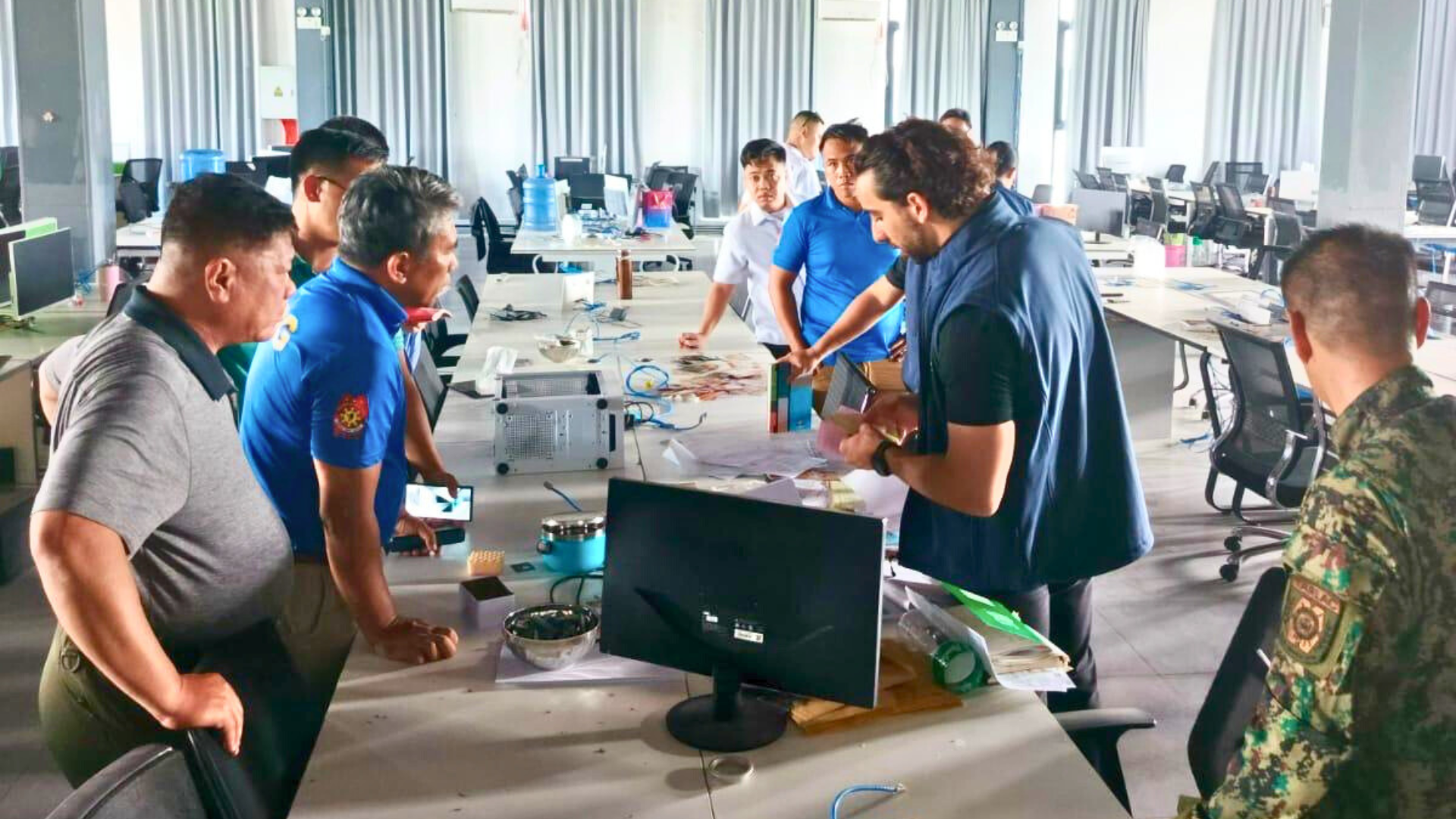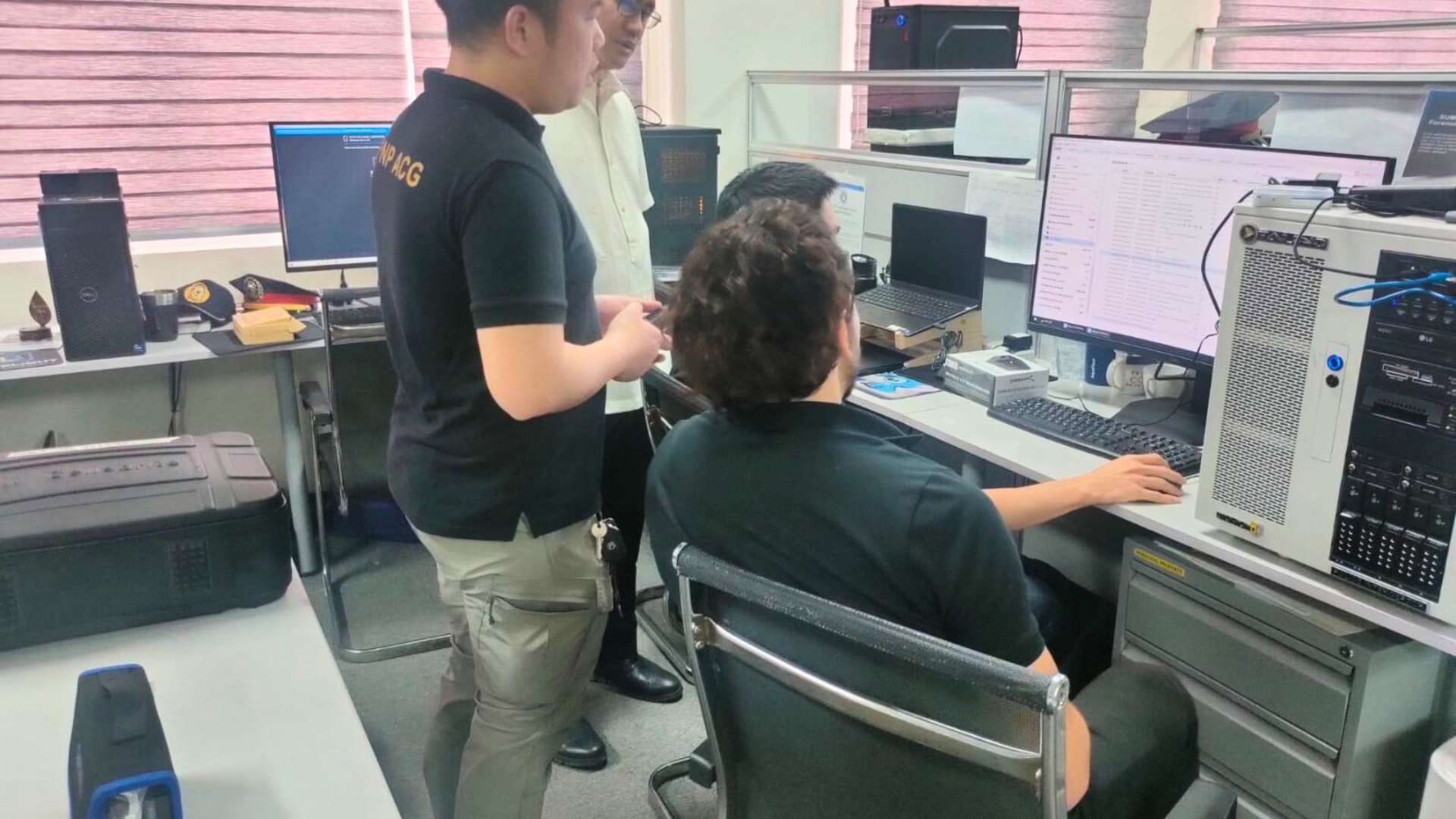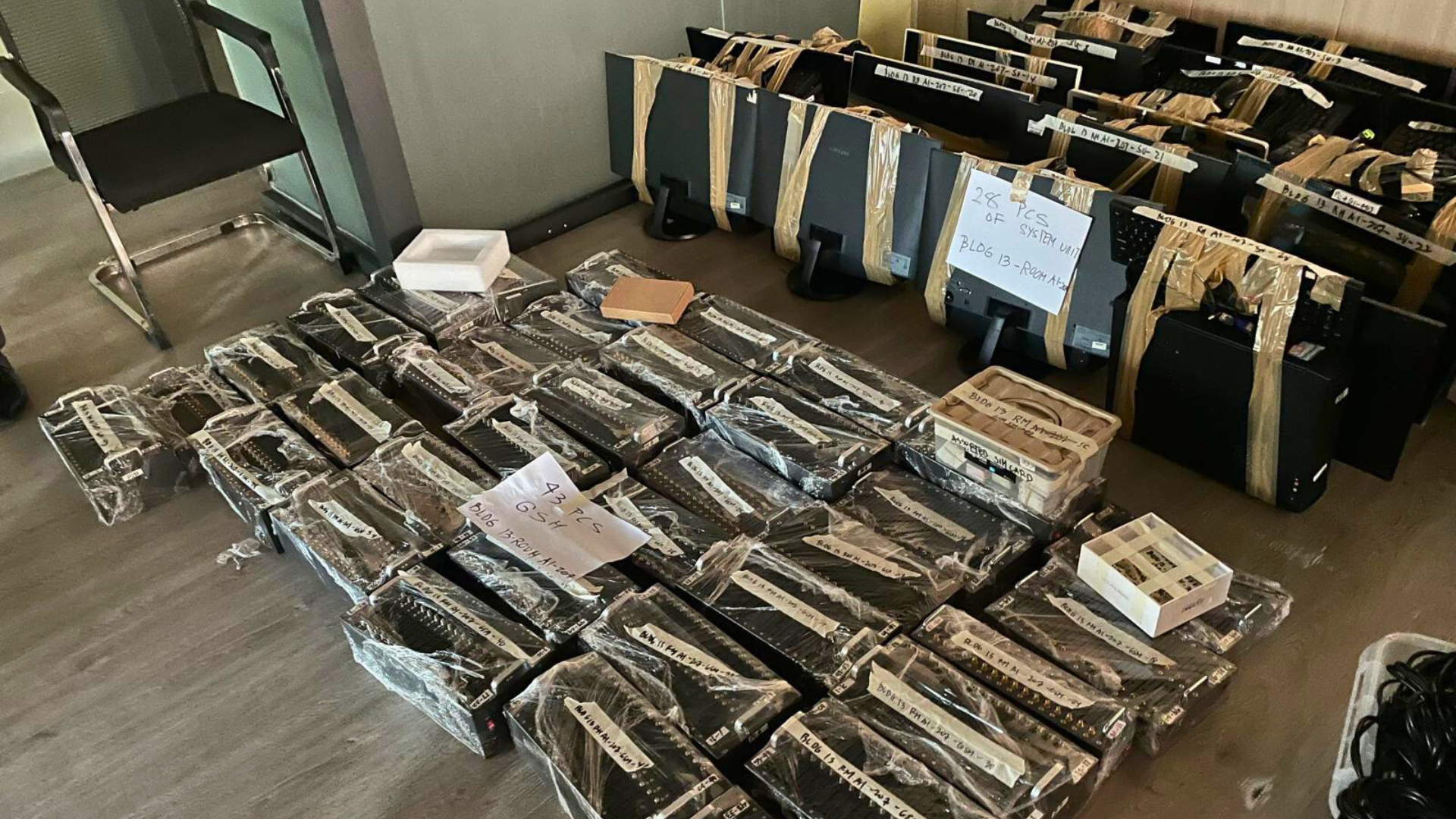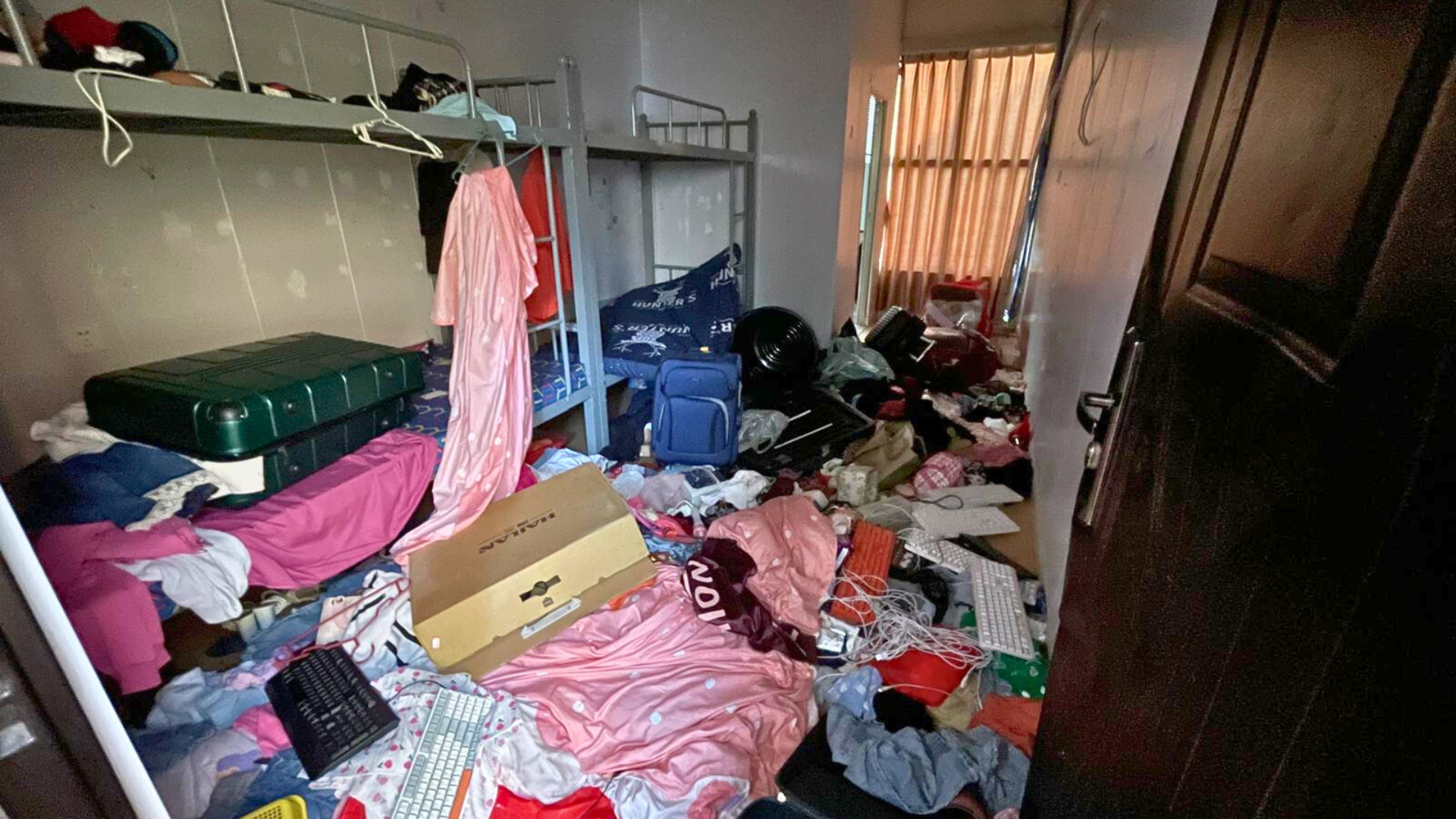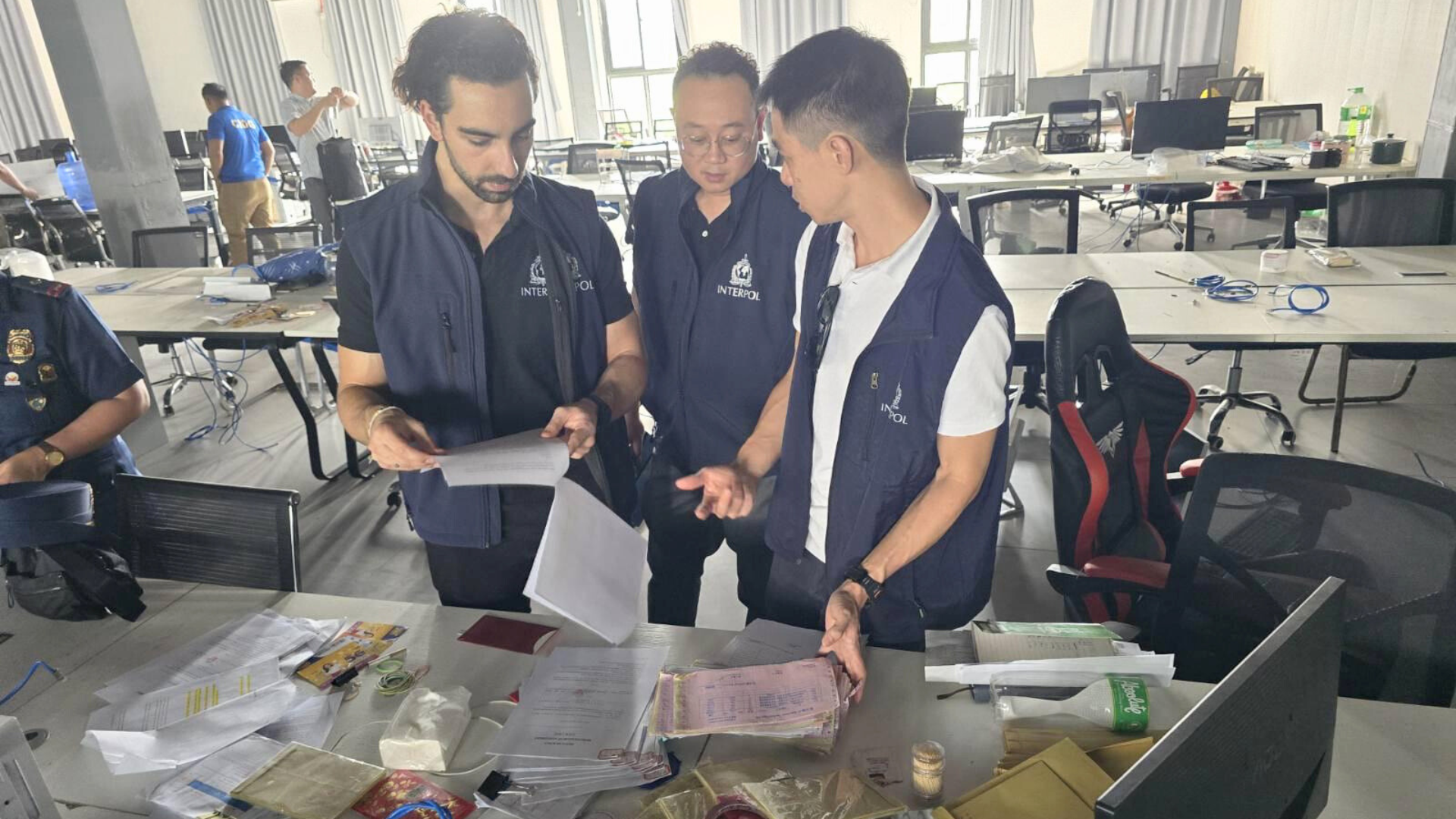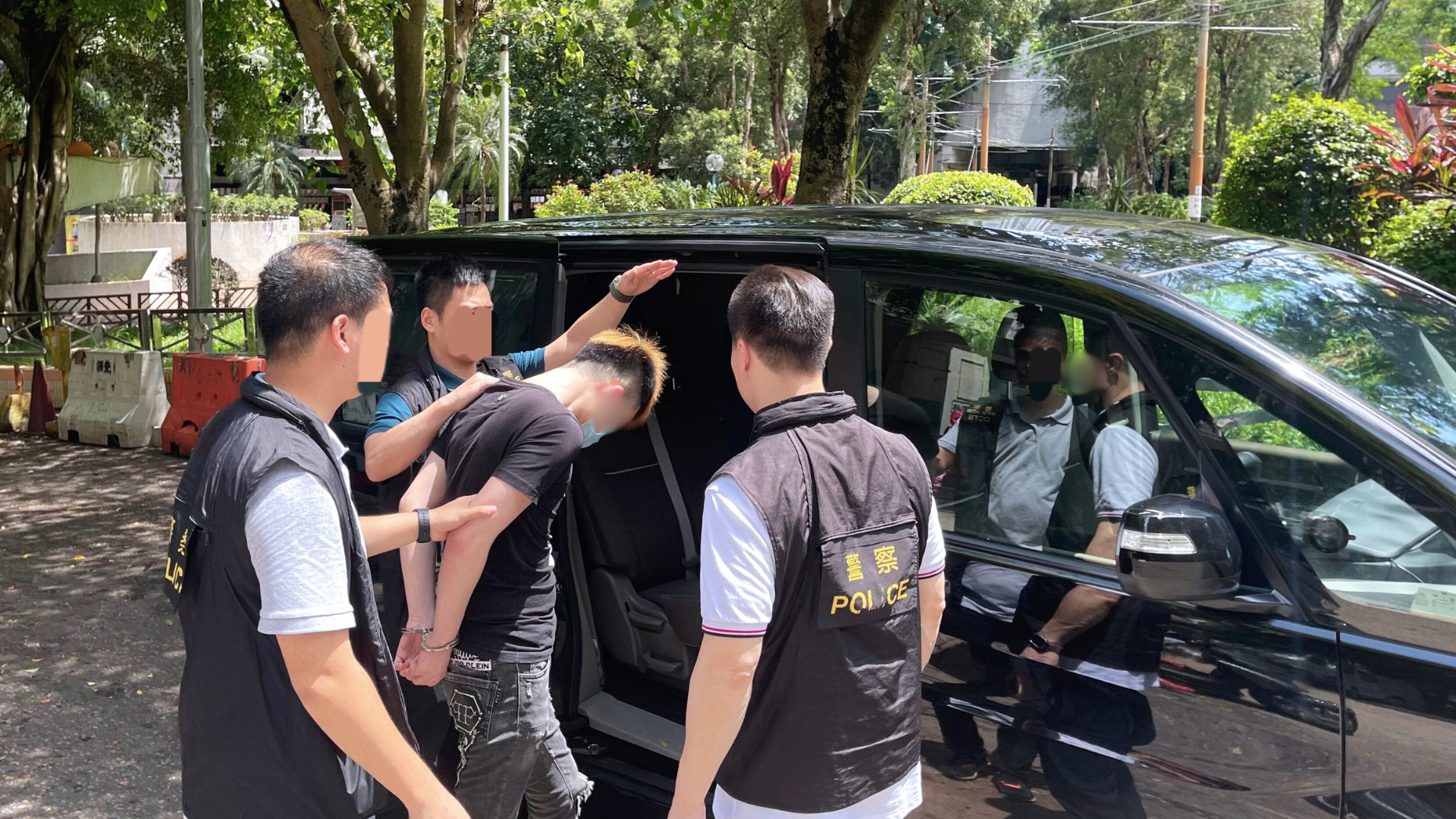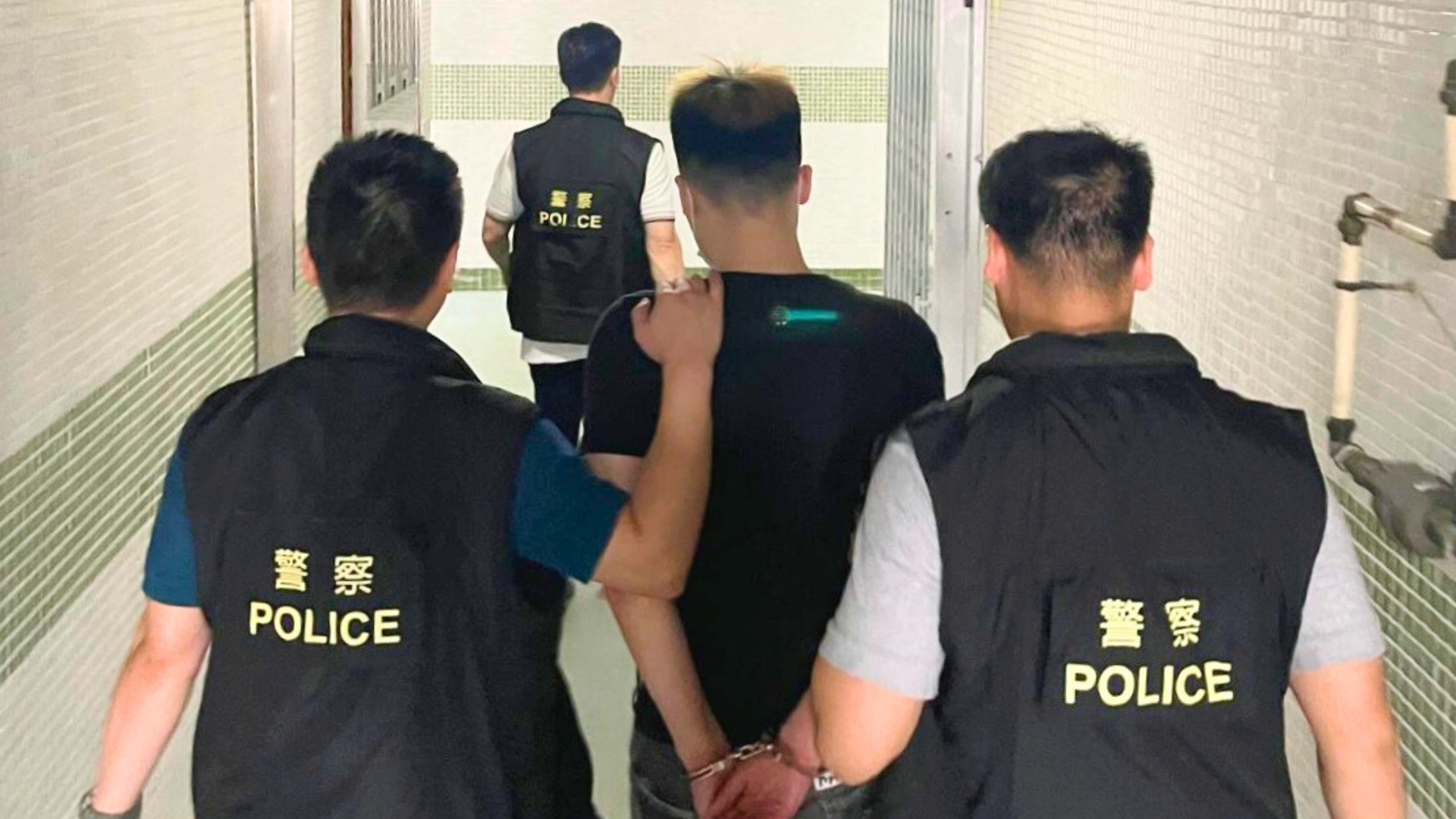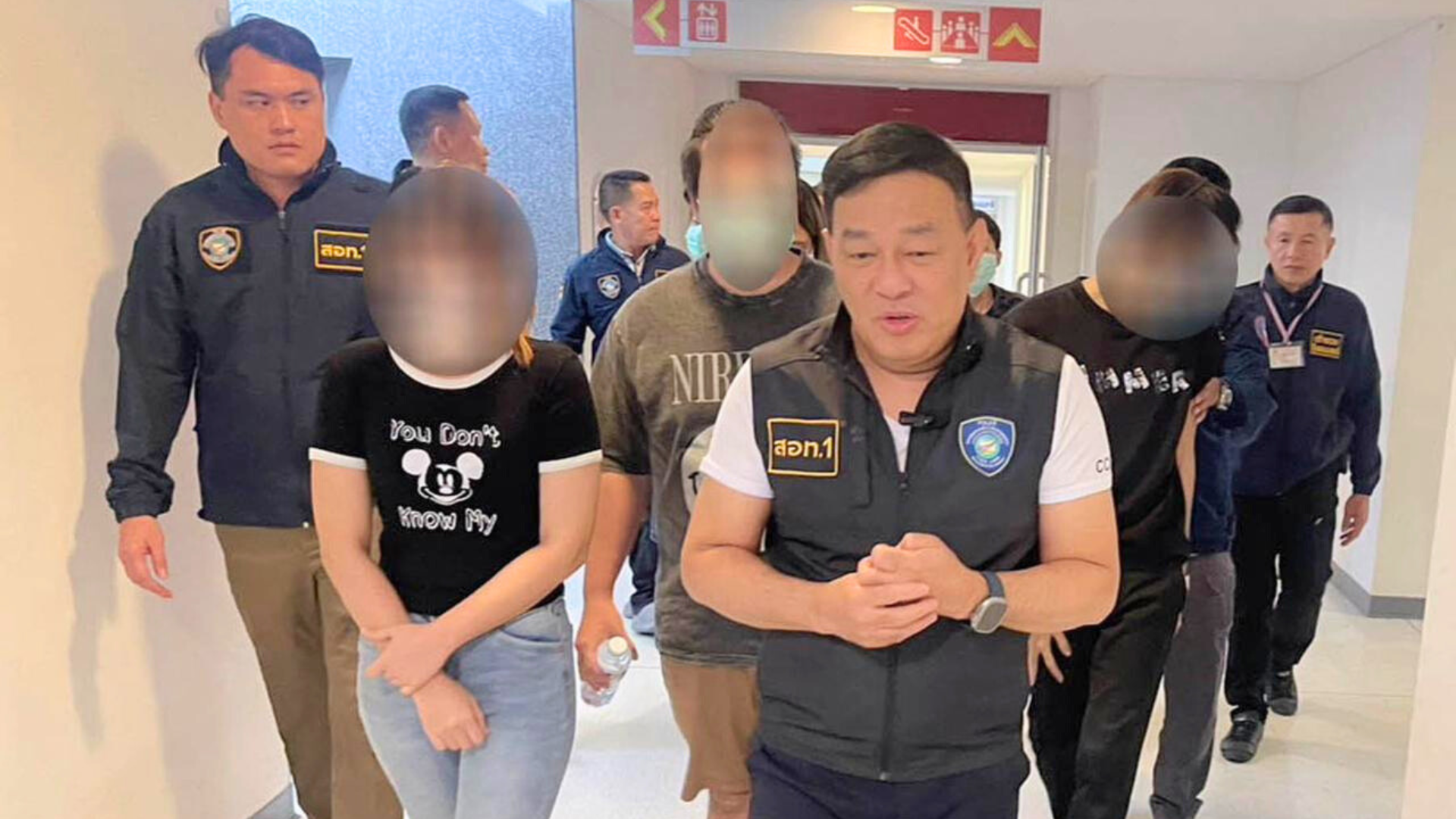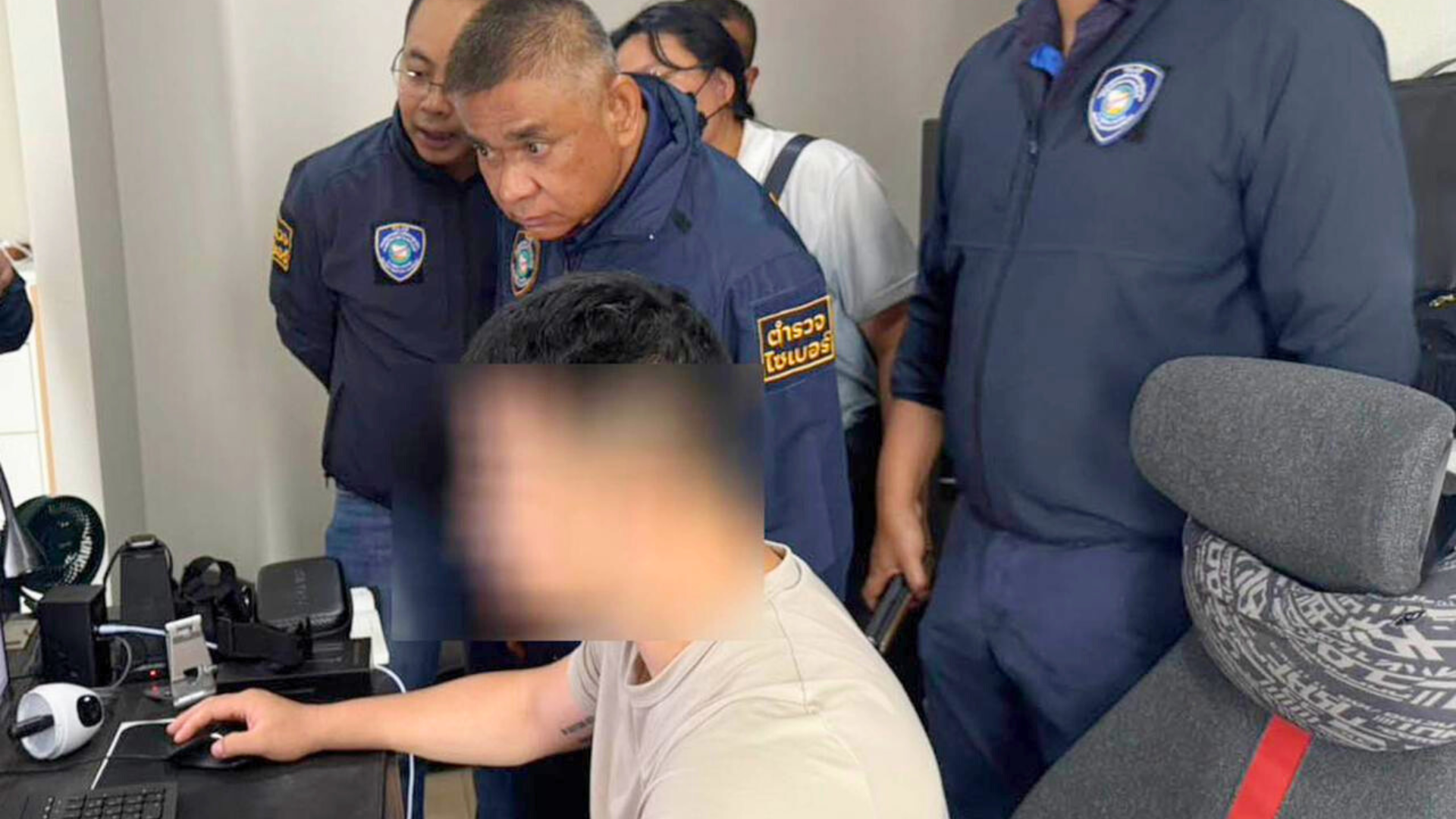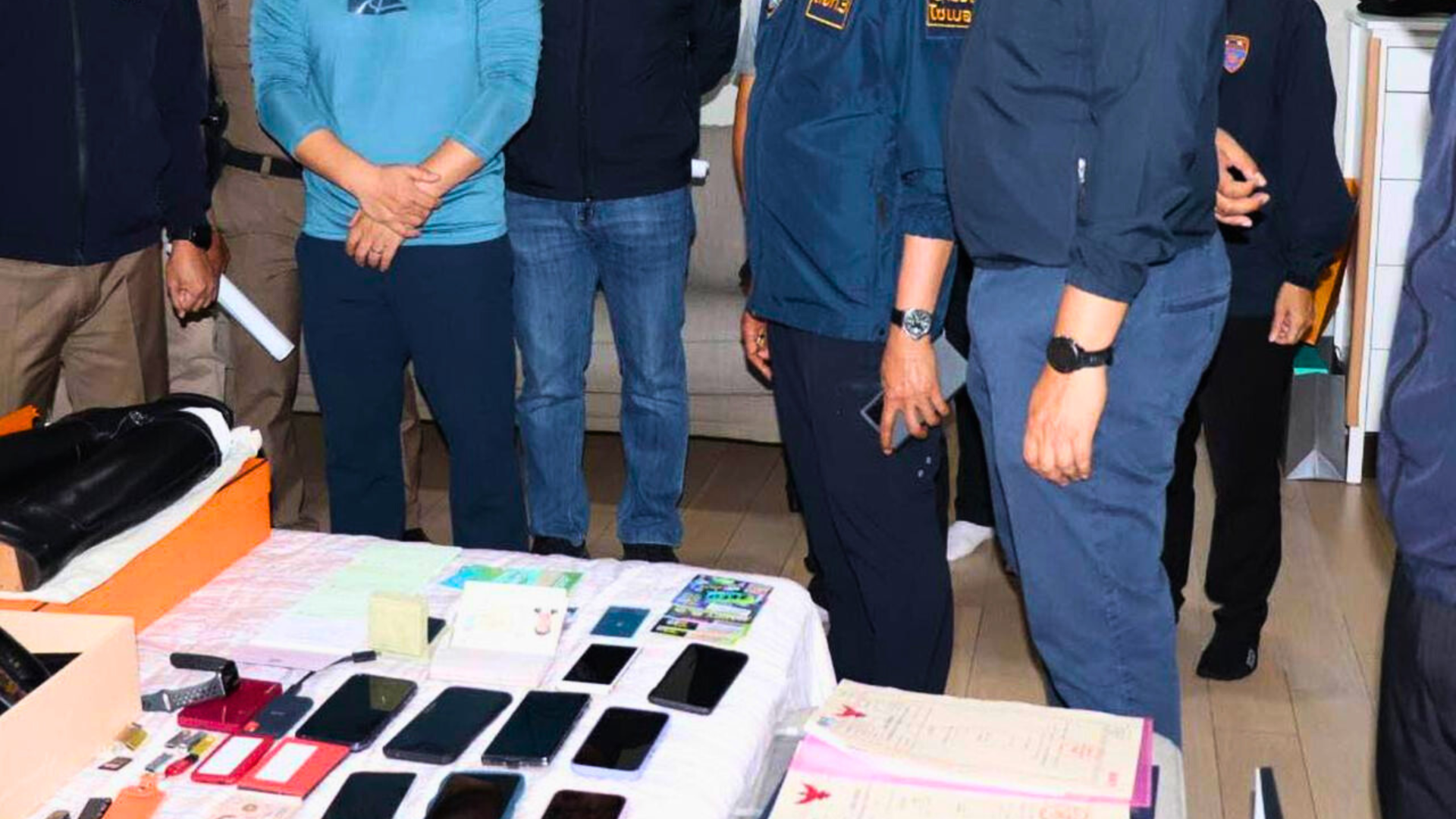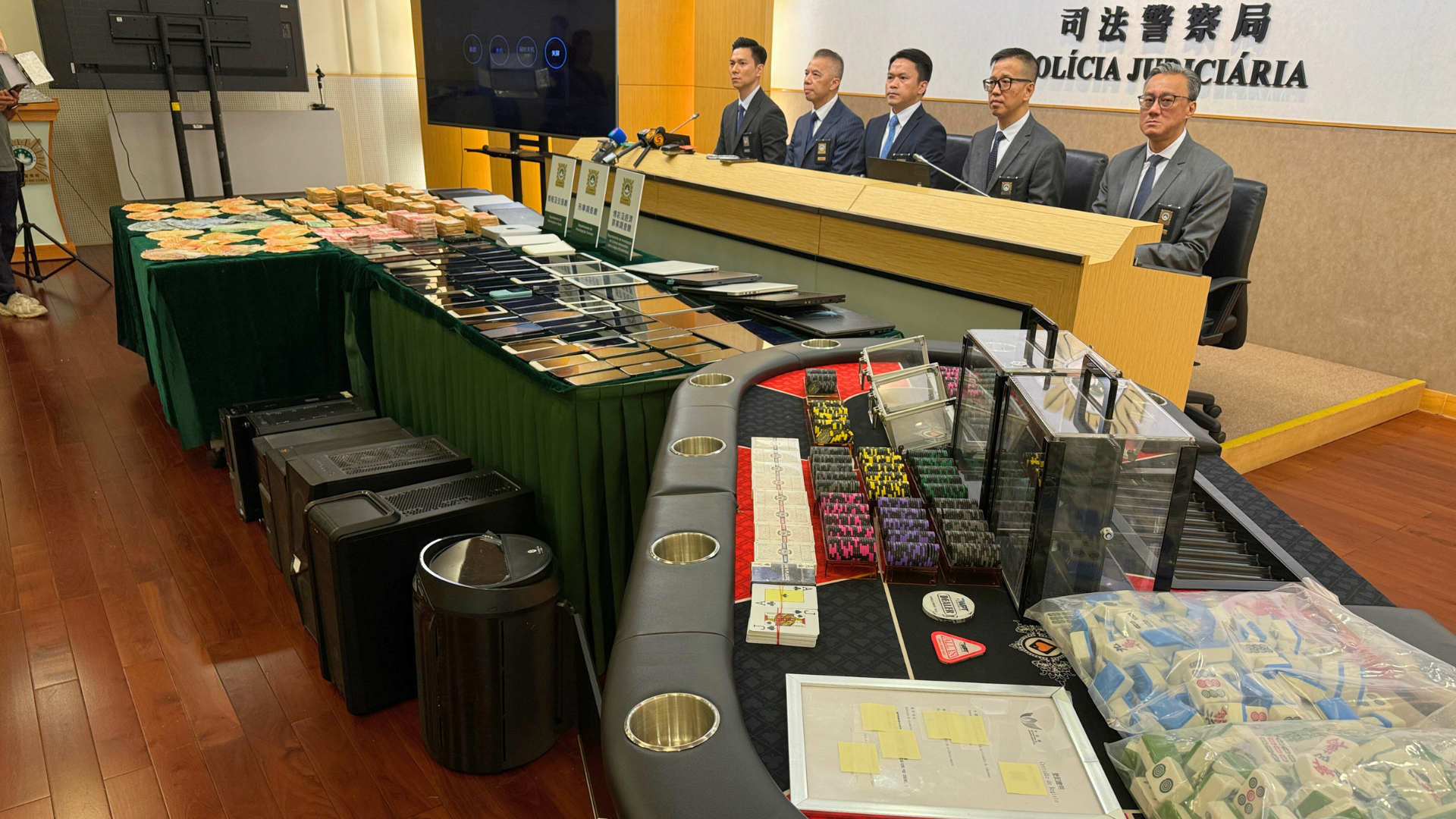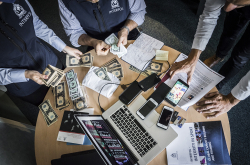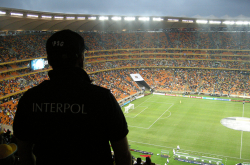LYON, France – In a massive international operation targeting illegal football gambling and its associated criminal activity, authorities made over 5,100 arrests and recovered more than USD 59 million in illicit proceeds.
The operation, code-named SOGA X and conducted between June and July 2024, was a collaborative effort involving INTERPOL and 28 countries and territories. It was designed to tackle illegal online football gambling during the UEFA 2024 European Football Championship, which was predicted to generate a surge in betting turnover, and lucrative profits for criminal organizations.
The illegal gambling market is worth a staggering USD 1.7 trillion globally, according to research by the Asian Racing Federation, and is closely tied to other criminal enterprises. Beyond shutting down tens of thousands of illegal websites, SOGA X investigations also led to the rescue of trafficked workers and the exposure of money laundering syndicates.
Hundreds of human trafficking victims rescued in the Philippines
In one significant case in the Philippines, local authorities, supported by INTERPOL, dismantled a scam centre operating alongside a licensed gambling site.
The operation resulted in the rescue of more than 650 human trafficking victims, including almost 400 Filipinos and more than 250 foreign nationals from six different countries.
Many of the victims had been lured to the location with false promises of employment and were kept there through threats, intimidation, and even passport confiscation. They were then forced into working for the legal gambling site, while also running illegal cyber scams, including romance scams and cryptocurrency-related fraud.
An INTERPOL Operational Support Team provided vital assistance to Filipino authorities on the ground, providing expertise in extracting and analysing forensic evidence from seized devices, tracing illicit financial flows and identifying potential victims and suspects in other jurisdictions.
Profitable Financial Fraud in Vietnam and Thailand
The SOGA X operation also cracked down on large-scale illegal betting sites and complex financial crime schemes.
One notable example from Vietnam, where online gambling is prohibited for citizens, saw authorities dismantle a sophisticated gambling ring that was generating a staggering USD 800,000 in daily transactions.
The syndicate, powered by servers located in multiple countries, used an elaborate network of bank accounts and e-wallets to receive illegal gambling bets and distribute payouts.
In Thailand, police raided two locations hosting major illegal betting websites, arresting the ringleaders and their network for gambling and money laundering offenses and seizing assets worth over USD 9 million.
In Greece, authorities took down a major illegal betting ring that exploited fake and mule user accounts to place bets on sports events. The organized crime group, which employed Virtual Private Networks (VPNs) to bypass internet blocks in Greece, operated at least seven illegal gambling sites and had access to accounts on 60 other illegal websites.
The group managed 3,000 fake and ‘mule’ user accounts on legal gambling websites in Greece, Cyprus, and Spain. The accounts had been created using both stolen identity cards and forged documents and often utilized e-wallets to facilitate their illegal activities. During the investigation seized laptops were found to contain 9,000 pictures of fake ID cards.
The goal of this type of scheme is to break down large sums of money into smaller, less detectable amounts. By dispersing their profits across multiple accounts, criminals aim to avoid detection by law enforcement, financial institutions and legitimate gambling sites. It’s a method also used to facilitate money laundering.
How online gambling is linked to other crimes
SOGA X was a coordinated effort led by INTERPOL, with crucial support from the Asia-Pacific Expert Group on Organized Crime (APEG), the INTERPOL Match Fixing Task Force (IMFTF) and operation partner UEFA. INTERPOL facilitated intelligence sharing among participating countries, providing case mentoring and training for local authorities.
Stephen Kavanagh, INTERPOL Executive Director of Police Services, said:
“Organized crime networks reap huge profits from illegal gambling, which is often intertwined with corruption, human trafficking, and money laundering. The successes of Operation SOGA X would not have been achieved without global information sharing and significant efforts by law enforcement authorities on the ground.”
Illegal gambling can also be closely tied to match-fixing as criminals attempt to manipulate the outcome of sports events to guarantee profits. When illegal gambling is rampant, it becomes easier for corrupt individuals to influence games, so the SOGA X operation also aimed to intercept and interrupt any signal of manipulation. Related investigations are still ongoing.
Participating countries and jurisdictions: Australia, Belgium, Brunei, Czech Republic, Greece, Guinea Bissau, Hong Kong (China), Hungary, India, Italy, Lebanon, Macao (China), Maldives, Malta, Namibia, Philippines, Portugal, Republic of Korea, San Marino, Singapore, South Africa, Spain, Sri Lanka, Switzerland, Thailand, Trinidad and Tobago, Türkiye, Vietnam.




